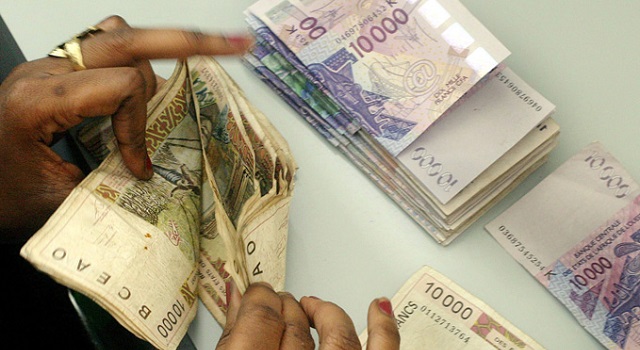
Bissau, Guinea-Bissau | AFP | Authorities in Guinea-Bissau have blocked the September salary payments of nearly a third of the country’s 13,000 civil servants whom they suspect are ghost workers.
“After a check made by a team in my department, we found that 4,000 bogus workers, who do not fulfil the correct administrative conditions, receive one and sometimes even two sets of wages,” Finance Minister Alhaji Joao Amadu Fadia told AFP on Wednesday.
The September salaries, which were supposed to be paid on Monday, were blocked until they are reviewed by the ministry, Fadia added, saying he expected the measure to “make waves”.
Following similar suspicions, Nigeria last year struck off 50,000 “ghost workers” from the state payroll, saving nearly 630 million euros ($750 million).
But some genuine workers in Guinea-Bissau were not happy about the sudden freeze.
Fatima Camara, a journalist at the public radio station, said: “My salary has not been paid and no explanation has been given to me, either at the bank or the finance ministry.”
Some of the those affected are allegedly from the upper echelons of the state administration, according to former finance minister Gino Mendes.
“There are also many civil servants who are no longer alive, others who have been retired for several years, or some who receive two or even three salaries paid into different bank accounts,” he added.
An official from the civil service ministry, who spoke on condition of anonymity, said: “Every time a government falls, the one who replaces it opens the doors to the activists of his party.
“This is how a lot of people have been recruited without going through a proper recruitment process and without meeting the criteria required by the administration.”
Guinea-Bissau, a small west African country with a population of 1.6 million, has experienced periods of political and military instability marked by coups and mutinies of soldiers for several years.
It has been in deep political crisis since 2015, when Prime Minister Domingos Simoes Pereira was dismissed by President Jose Mario Vaz, even though the two men belong to the same political party.
 The Independent Uganda: You get the Truth we Pay the Price
The Independent Uganda: You get the Truth we Pay the Price





